Environment
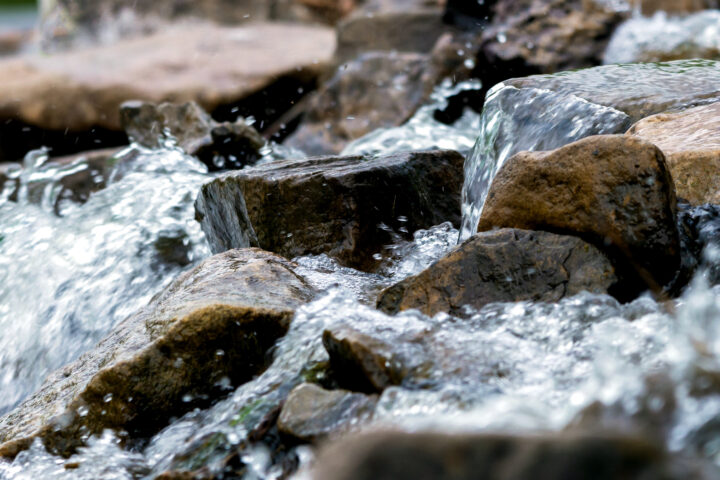
Pesticides in Water: The sources are more varied and closer than we think
A new national study reveals that pesticide contamination in Swiss rivers and streams has more complex causes than previously assumed. While substances still originate from agriculture, a considerable share enters waterways through other pathways.
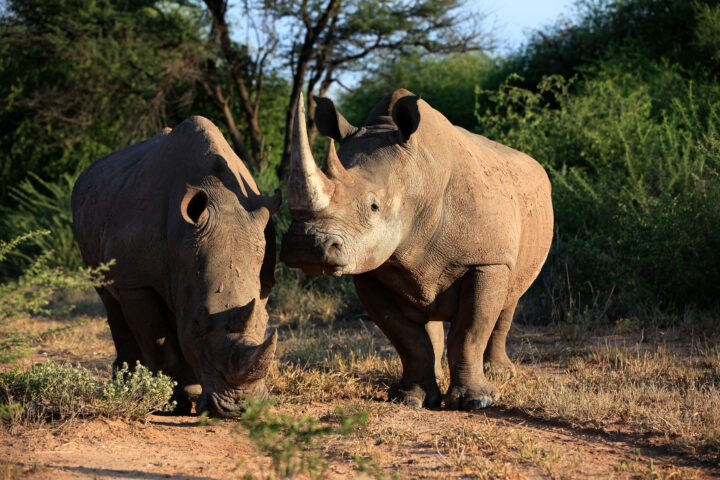
Biotechnology as a Tool for Nature Conservation
New genomic technologies can help save endangered species – from the chestnut tree to the northern white rhino.
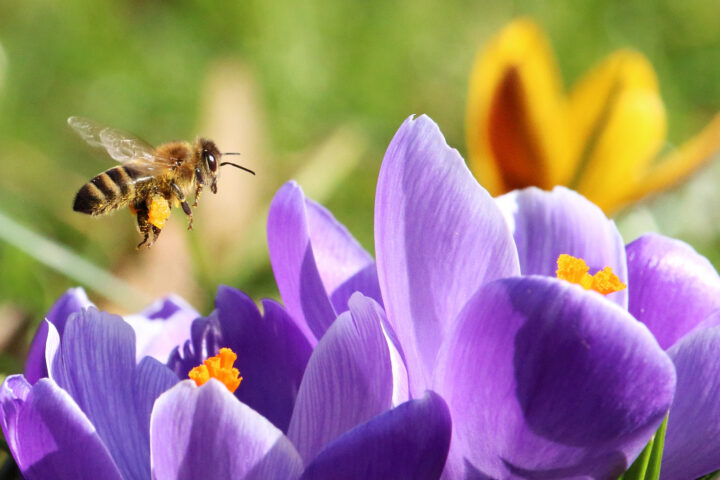
Global warming influences the distribution of insects
Climate change has a major impact on the distribution of various insect species. There has been a decline in cold-loving insects in Switzerland over the past 40 years. Heat-loving species, on the other hand, have become more widespread. The idea that agriculture alone is to blame for insect extinction is proving to be increasingly wrong.

Circular economy in food production
Reuse instead of throwing away: The circular economy is gaining in importance in many sectors of the economy. In the future, agricultural production will also increasingly have to take place in cycles. This applies in particular to land use, fertilizer production and animal feed production.
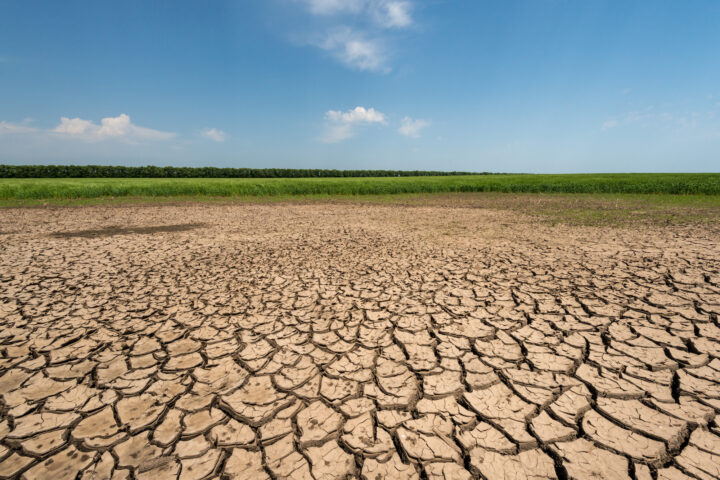
What we can do to reclaim farmland
Agriculture is responsible for ensuring that future generations have enough to eat. Farmers must make the most of every option for food production.

Using DNA in the air to measure biodiversity
Biodiversity is at risk worldwide. This is particularly evident in the decline in land insects. Researchers are now using DNA traces in the air to detect species. This makes it possible to better measure biological diversity on Earth.
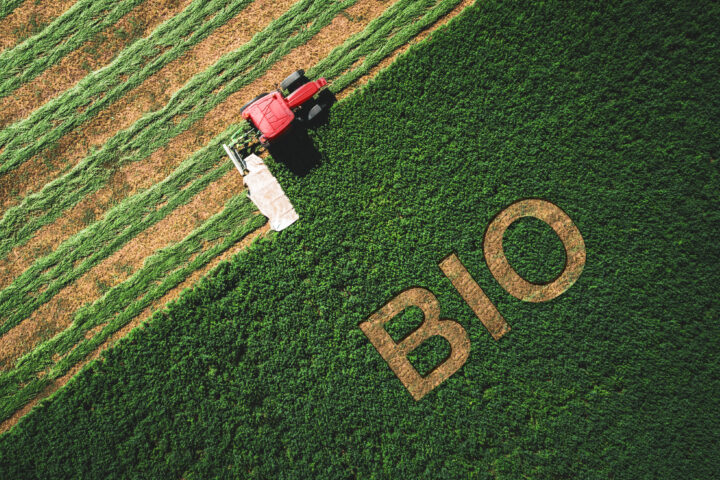
Organic: Luxury at the expense of developing countries
ZDF takes a look at the organic farming industry in a documentary program. Are organic products actually more sustainable and better for the climate than comparable products from conventional agriculture? From the perspective of resource efficiency, the question must be answered in the negative.
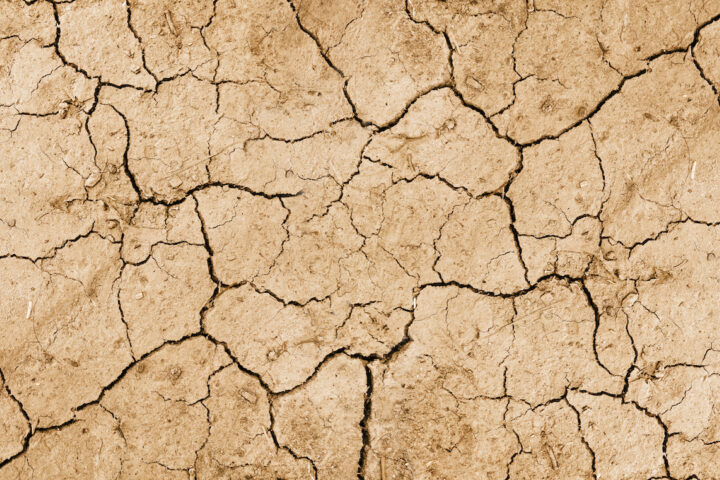
A new lease on life for unusable farmland
Fertile farmland is one of the most valuable resources in the world. It is vital that degraded agricultural land is restored and made fertile once more. The technology already exists, but financial stimuli are needed to make it happen.

A Holistic Approach to Sustainability
Anything can be sold as “sustainable”. That’s why it’s important to take a closer look at what the term means. On one hand, sustainability includes a time component. On the other hand, it has an ecological, economic, and social dimension.

Environment: Use and protect
Many innovations arise from observations of nature. Genetic resources often serve as inspiration or basis for new products, drugs and mechanisms of action. Agriculture also uses natural cycles, but at the same time influences them. It is in the farmers' own interest to produce in the most environmentally friendly way possible.
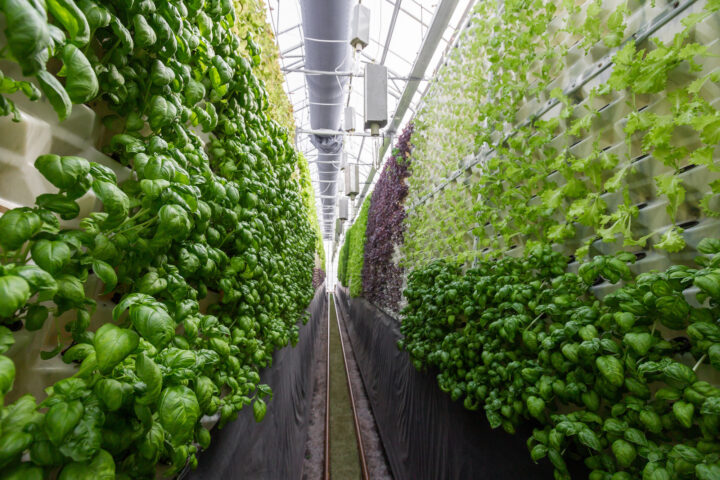
Opportunities for start-ups in the agri-food sector
From a technological point of view, there is no reason why Switzerland should lag behind current hotspots such as Singapore or Israel in the field of agri-food tech. Nutrition is above all a question of innovation.
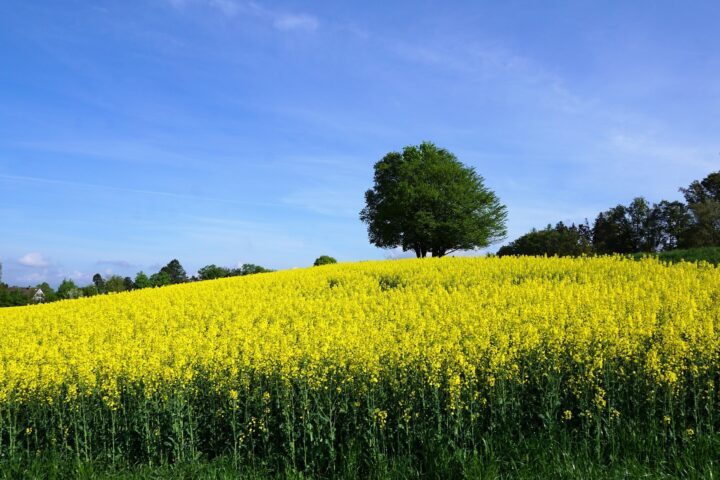
Do without Swiss rapeseed oil?
Rapeseed is the most important Swiss oil crop and it continues to gain in importance. Unpopular palm oil imports are increasingly being replaced by Swiss rapeseed oil.
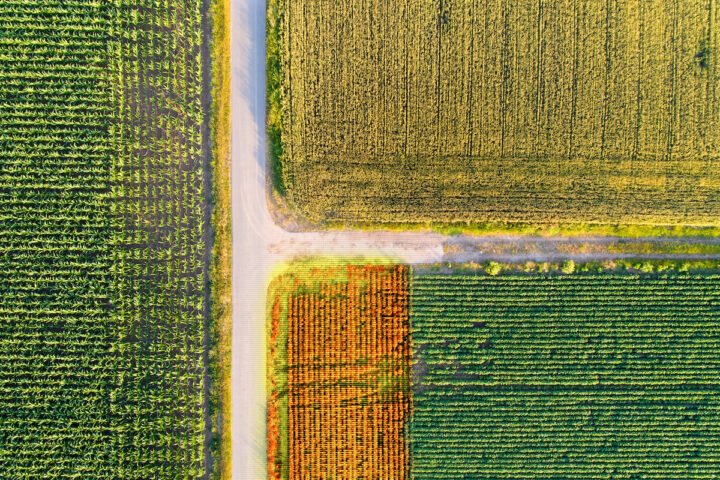
Environmental benefits of precision agriculture
Innovations and technology are changing our lives – and also the productivity of agriculture. However, as an American study shows, precision farming not only increases yields, but also benefits the environment. The sustainability of agriculture is increasing.
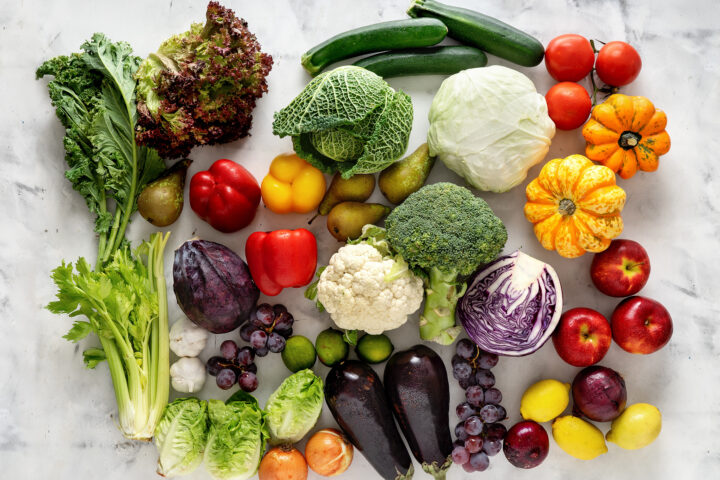
Combating food waste with packaging and preservatives
The longer food lasts, the less likely it is to be thrown away. Chemical procedures and packaging materials are vital for preserving food. In its online magazine, BASF examines how food preservation techniques have developed and explains the importance of chemicals are in combating food waste. Preservatives are an effective way of combating food waste.
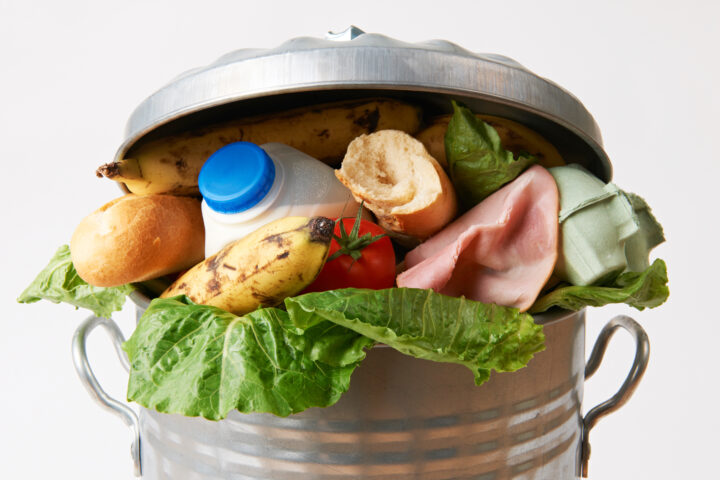
Food waste is harmful to the environment and to the wallet
In the Swiss food chain – from producers to consumers – considerable amounts of food are lost each year, which would still be perfectly suitable for consumption.
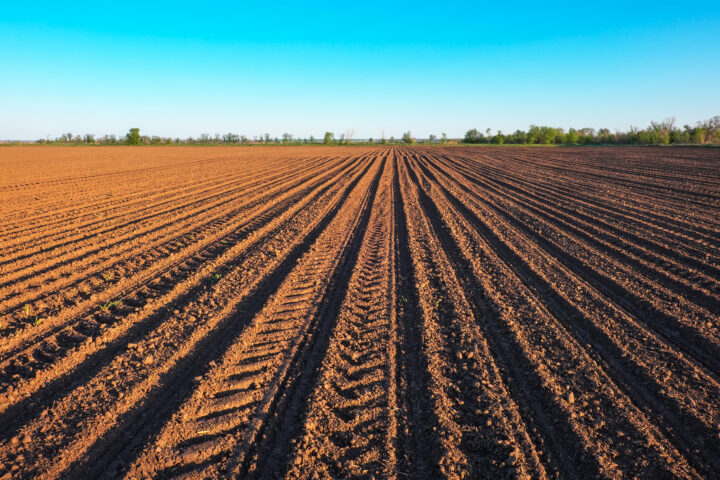
"Pesticides damage the climate."
Pesticides are bad for the climate? No, the exact opposite is true. Plant protection products help to produce more food on less usable space and thus protect the soil.
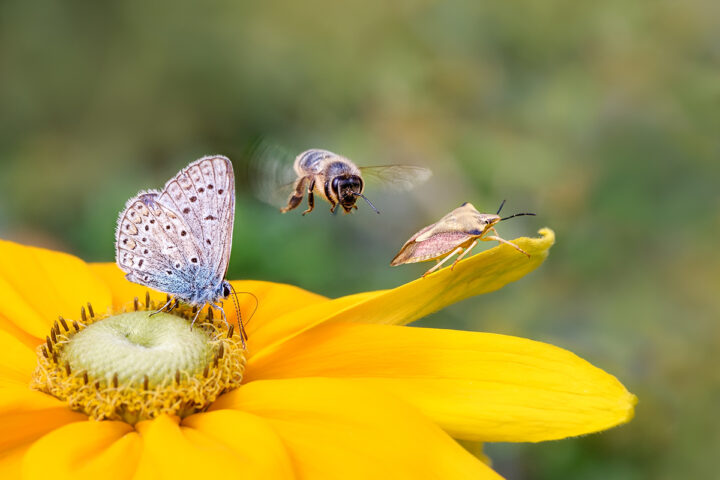
"Pesticides are to blame for insect deaths."
Pesticides are repeatedly blamed for the decline in insects. That is too simplistic an assessment. The reality is much more complex. For example, overdevelopment has a much stronger influence on insect populations. This is demonstrated by a meta-study on global insect decline.
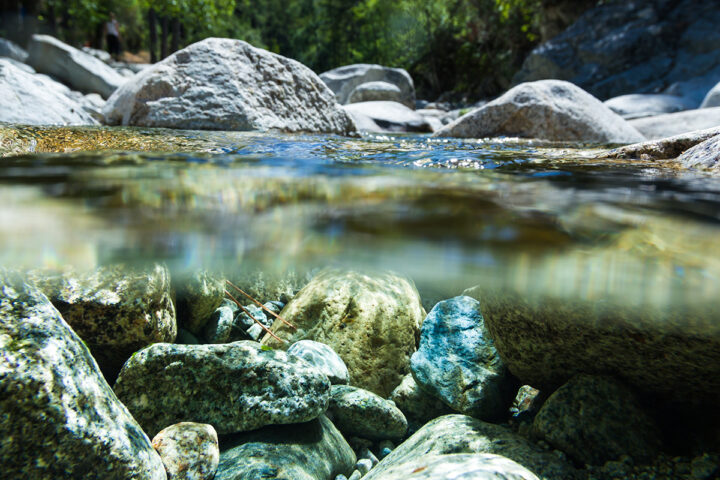
"Swiss water is in a bad way."
That's not actually true. Our surface waters, groundwater and drinking water are in very good condition. Our water quality tops international rankings. There cannot be any mention of poor Swiss water quality.

